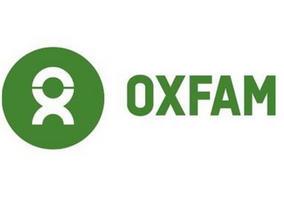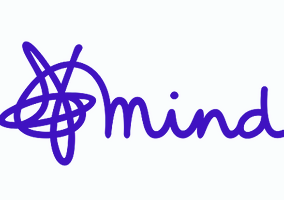The Charity Commission is assessing concerns raised about the Alan Turing Institute, as the organisation undergoes a restructure amid government pressure.
According to reports in the Guardian, staff at the research charity raised concerns about its governance and internal culture in a whistleblowing complaint to the regulator.
This follows a letter from Peter Kyle to the charity’s chair Douglas Gurr last month, in which the science secretary instructed the institute to “reform itself further to prioritise its defence, national security and sovereign capabilities”.
Kyle urged the charity to support “the government’s AI ambitions” in his letter and said that reforms “should lead to reduced dependency” on government funding from 2026-27 onwards.
The charity, which received most of its £45m income in the year to March 2024 from the government, said in its most recently filed accounts that government funding body the Engineering and Physical Sciences Research Council (EPSRC) had awarded it core funding of £100m over the next five years.
It recently notified around 50 of its more than 400 employees that they were at risk of redundancy, according to Guardian reports.
Meanwhile, dozens of staff members sent a letter to the charity’s board last year, according to the Guardian, warning that cost cuts were putting the organisation’s reputation at risk.
‘Substantial organisational change’
A spokesperson for the Alan Turing Institute said the charity was moving away from working on numerous individual research projects to focus on a smaller number of missions and strategic projects.
They said the charity welcomed Kyle’s letter and that it would be “stepping up” to respond to the government’s call.
“We’re shaping a new phase for the Turing, and this requires substantial organisational change to ensure we deliver on the promise and unique role of the UK’s national institute for data science and AI,” they said.
“As we move forward, we’re focused on delivering real-world impact across society’s biggest challenges, including responding to the national need to double down on our work in defence, national security and sovereign capabilities.”
The charity said it had not been notified of a complaint by the commission and that a previous whistleblowing complaint to UK Research and Innovation (UKRI), which oversees funding awards to the institute, was independently investigated and found no concerns.
A Charity Commission spokesperson said: “We are currently assessing concerns raised about the Alan Turing Institute to determine any regulatory role for us.”
UKRI, which distributes funding through the EPSRC, said it had shared an anonymous whistleblowing complaint it received with the charity’s whistleblowing team for them to investigate.
A UKRI spokesperson said they did not investigate the complaint directly as the Alan Turing Institute is an independent legal entity.
“UKRI remains committed to work with the Department for Science, Innovation and Technology, other government stakeholders and the Turing to ensure they are delivering in the best interests of the UK,” they added.
Related articles












